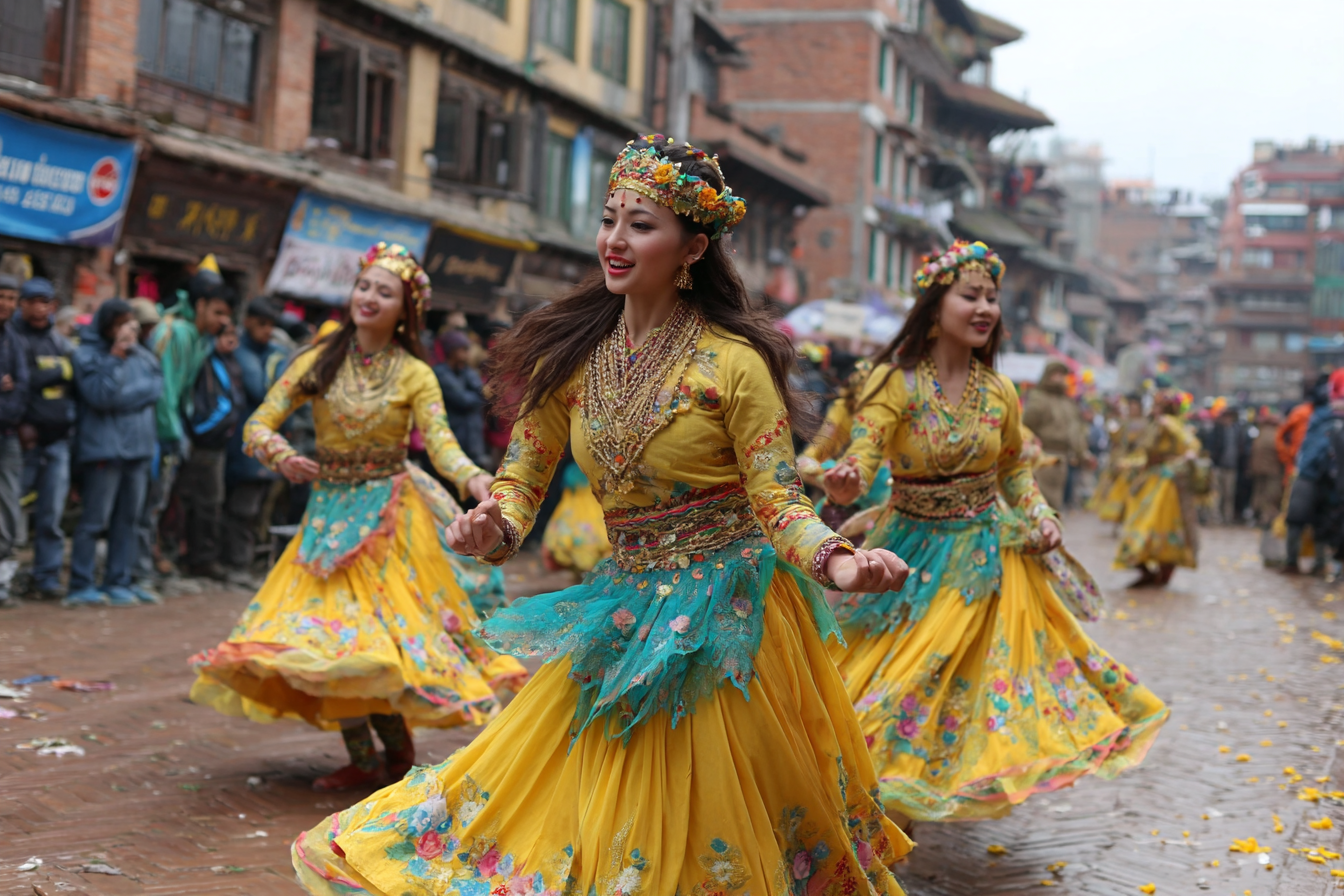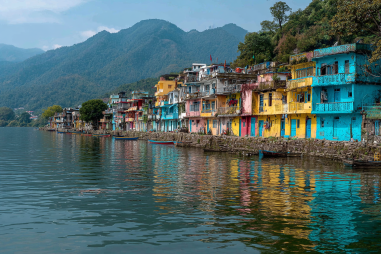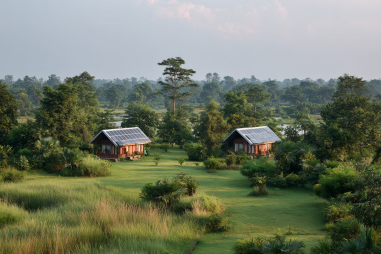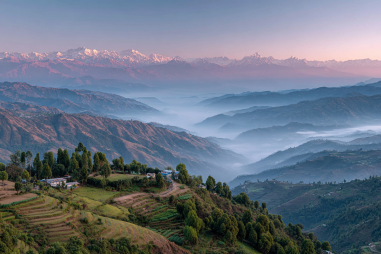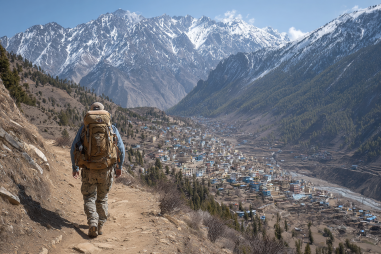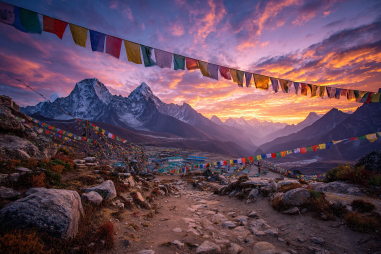Bhaktapur, often hailed as a living museum in Nepal, is a treasure trove of culture and tradition that has stood the test of time. Nestled in the Kathmandu Valley, this ancient city preserves the essence of Newari heritage through its architecture, festivals, crafts, and community life. Unlike many modernizing urban areas, Bhaktapur remains deeply rooted in its past, offering visitors a vivid glimpse into the cultural fabric that defines its people. Exploring Bhaktapur’s culture and traditions is not just about witnessing beautiful monuments but understanding the lifestyles, values, and customs that have been lovingly preserved over centuries.
Newari Traditions and Community Life
At the heart of Bhaktapur’s cultural identity is the Newar community, the indigenous inhabitants of the Kathmandu Valley. Their traditions shape much of the city’s ethos and daily life. Newaris have cultivated a unique way of living that balances religious devotion, artisan craftsmanship, and social cohesion. Community life is often centered around communal courtyards, known locally as “bahals” and “baha,” where families come together to celebrate, conduct rituals, and support one another.
The Newar social structure is strongly influenced by religion, caste, and familial ties, with festivals and ceremonies reinforcing these bonds. Their language, also called Newari or Nepal Bhasa, continues to be spoken widely in Bhaktapur, preserving their cultural narrative. The Newars’ emphasis on hospitality and respect for tradition shines through in their interactions with both neighbors and visitors, fostering a welcoming atmosphere that invites cultural exchange.
Major Festivals and Religious Ceremonies
Bhaktapur’s calendar is rich with vibrant festivals and religious ceremonies, each brimming with symbolic meaning and exquisite rituals. Many of these festivals are tied to Hindu and Buddhist traditions, reflecting the syncretic spiritual life of the Newari community.
One of the most famous celebrations is Biska Jatra, marking the Nepali New Year. It features spectacular chariot processions, masked dances, and spirited communal gatherings. Another significant festival is Gai Jatra, the Festival of Cows, which honors departed loved ones through colorful parades and traditional rides on wooden chariots.
During these festivals, the city streets come alive with music, dance, and ceremony. Temples and courtyards are decorated with ornate offerings, and locals dress in traditional costumes, preserving timeless cultural expressions. Religious ceremonies are also deeply intertwined with everyday life, from daily pujas (prayers) to elaborate rites performed for life milestones such as weddings and harvests.
Traditional Arts and Crafts
Bhaktapur’s reputation as a center of traditional arts and crafts is well-earned. The city is renowned for its exquisite wood carvings, pottery, metalwork, and paubha painting (a form of religious scroll painting). These crafts are not merely aesthetic; they tell stories of history, spirituality, and the environment.
Woodcarving is particularly notable; intricate lattice windows, doors, and temple architecture throughout the city bear the unmistakable mark of skilled Newari artisans. The ancient methods of pottery making have been carefully passed down through generations, producing clay pots that maintain both functional and artistic value.
Moreover, Bhaktapur boasts a vibrant tradition of crafting musical instruments and bronze statues, often inspired by Hindu and Buddhist iconography. Many workshops allow visitors a glimpse into the creative process, offering opportunities to purchase authentic handmade souvenirs.
Food Culture and Rituals
Food in Bhaktapur is more than sustenance—it’s woven intimately into cultural identity and religious practice. The city is famous for its distinct Newari cuisine, which is rich and flavorful, combining local ingredients with traditional cooking techniques.
Popular dishes include chatamari (rice flour crepes topped with meat or vegetables), bara (lentil patties), and juju dhau (king curd), a creamy yogurt delicacy that is a true symbol of Bhaktapur. Meals are often prepared with ritual purity in mind, especially during festivals when offerings to gods and ancestors accompany the food served.
Food rituals also play a role in community bonding. Traditional feasts mark celebrations and ceremonies, reinforcing social ties and respect for ancestral customs. Visitors are often encouraged to savor these local specialties to fully appreciate the culinary aspect of Bhaktapur’s rich cultural tapestry.
Preservation of Cultural Heritage
Despite facing modern pressures such as urbanization and tourism, Bhaktapur has made conscious efforts to preserve its cultural heritage. The city’s historic core is protected by law, and restoration projects are ongoing to maintain ancient temples, courtyards, and public squares.
Local organizations and the government work hand-in-hand to promote traditional practices through cultural festivals, workshops, and education programs. UNESCO has recognized Bhaktapur’s extraordinary value, aiding conservation efforts and urging sustainable tourism development.
The community’s pride in their heritage fuels these preservation initiatives. Elders pass down stories, artisans teach younger generations, and religious groups maintain sacred rituals. In this way, Bhaktapur remains a vibrant cultural hub rather than just a relic of the past.
How Tourists Can Respectfully Engage with Local Culture
Bhaktapur’s rich culture invites exploration, but visitors should approach with sensitivity and respect. To truly honor the city’s traditions, tourists can:
- Learn basic greetings and phrases in the Newari language.
- Dress modestly, especially when visiting temples and religious sites.
- Ask for permission before photographing people or sacred rituals.
- Purchase crafts directly from local artisans to support their livelihoods.
- Participate in festivals and workshops, embracing respectful curiosity.
- Follow guidelines set by heritage sites to avoid damage or disruption.
Engaging in this way deepens the travel experience while helping to sustain Bhaktapur’s cultural identity for future generations.
Discovering a Living Tradition
Delving into Bhaktapur’s culture and traditions reveals a living, breathing heritage that continues to thrive amid a changing world. The city’s blend of ancient customs, festive celebrations, skilled crafts, and warm community spirit makes it a unique destination for anyone eager to experience authentic Nepalese culture. Whether wandering through its historic streets, joining in a festival, or savoring local cuisine, visitors come away with a profound appreciation for the ways Bhaktapur honors its past while embracing the present. It is a place where culture isn’t just preserved—it is lived every day.

